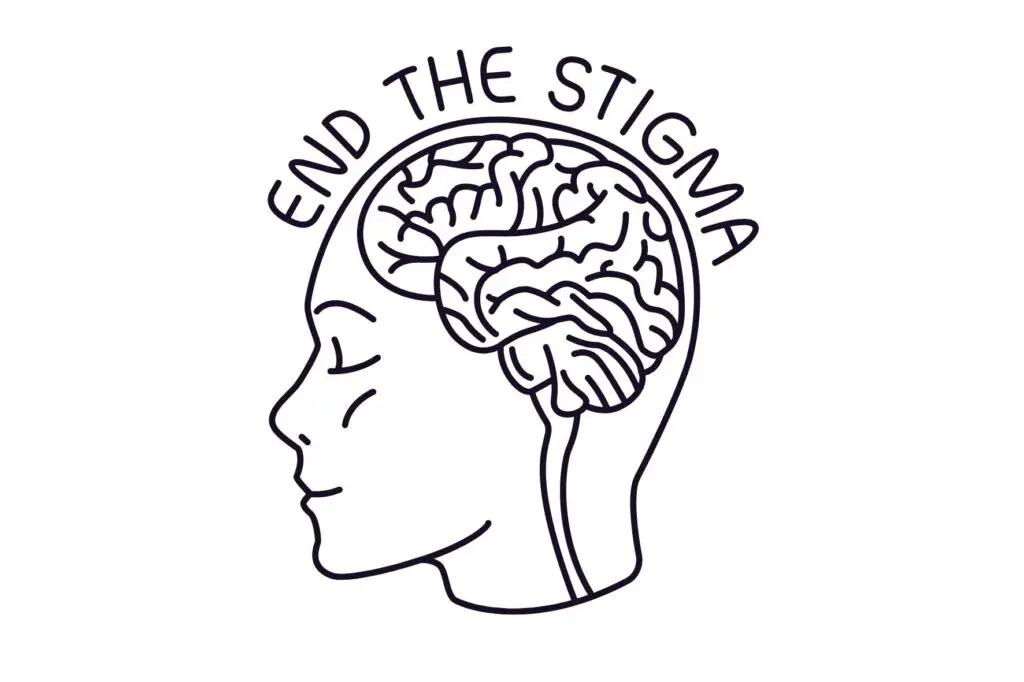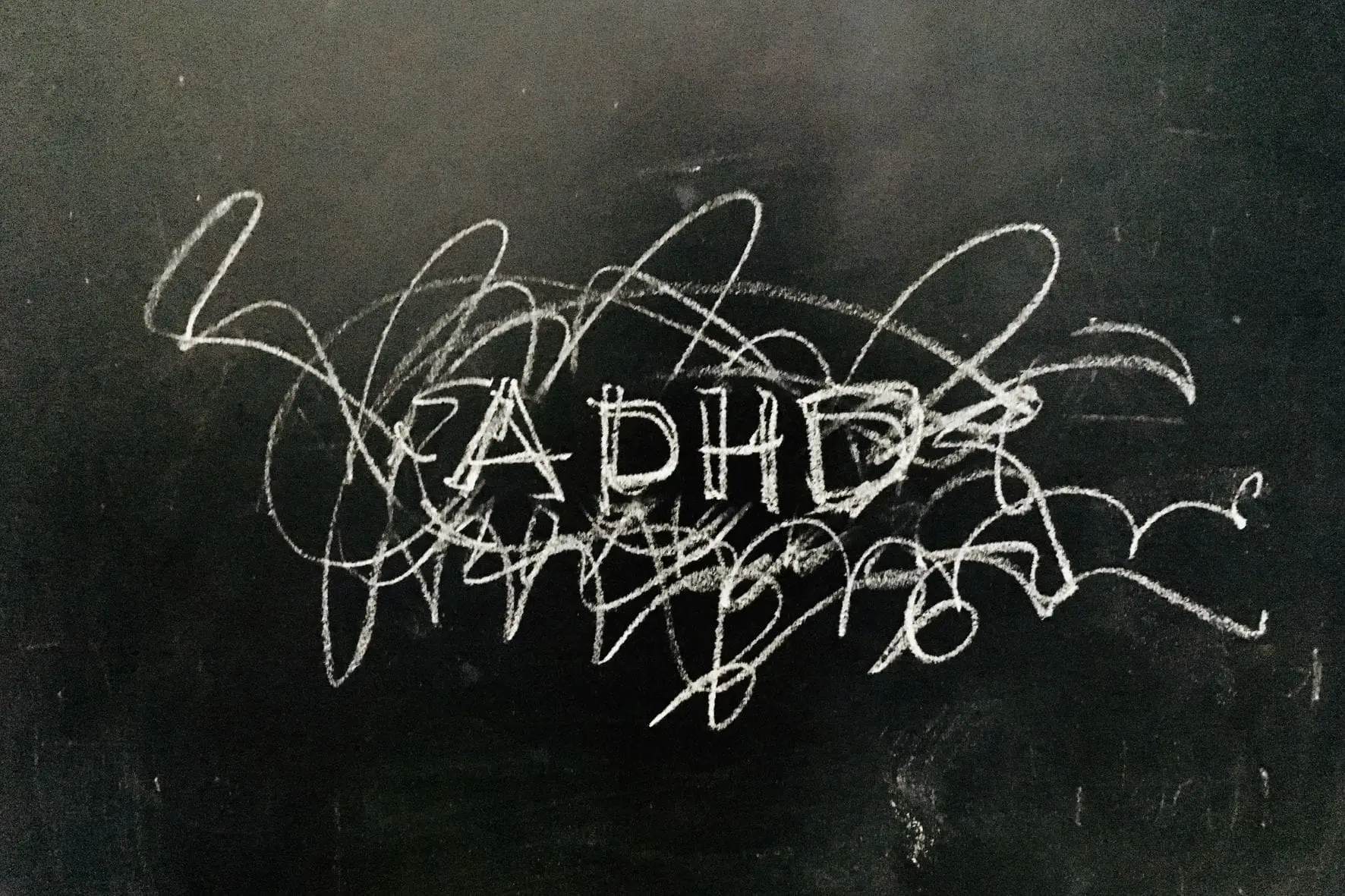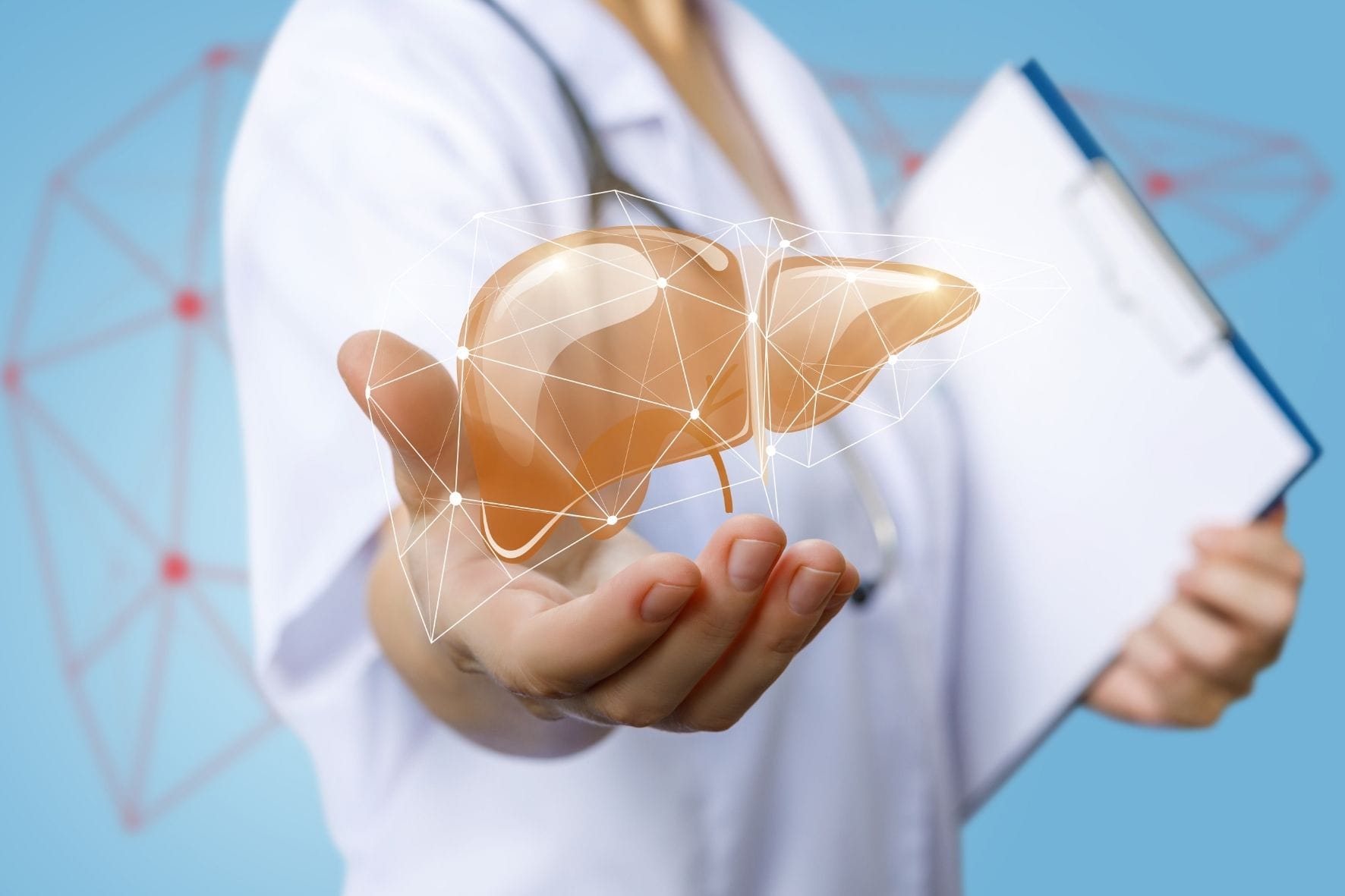One of the most common neurodevelopmental disorders affecting both children and adults is Attention-Deficit/Hyperactivity Disorder (ADHD). Research indicates that boys are diagnosed with ADHD twice more frequently than girls. Additionally, there are observed disparities in prevalence among racial groups, with Black and White children exhibiting higher rates compared to their Asian counterparts. The severity of ADHD symptoms can vary widely, ranging from mild to severe. According to the Centers for Disease Control and Prevention (CDC), approximately 60% of children with ADHD experience moderate to severe symptoms, and around 78% have one or more co-occurring conditions.
Table of Contents
Factors influencing the development of ADHD
Genetic factors play a significant role in the development of ADHD, with the disorder often running in families. Additionally, several environmental factors can influence its onset in children, including premature birth, exposure to environmental toxins during pregnancy or early childhood, maternal smoking, alcohol consumption, extreme stress during pregnancy, and exposure to lead. For adults, beyond genetic predisposition, traumatic experiences during childhood can significantly contribute to the development of ADHD, sometimes persisting into adulthood.
Key Indicators to Watch For ADHD

Symptoms of ADHD typically appear before the age of 12, with some signs potentially observable as early as three years old. While most healthcare professionals prefer to avoid diagnosing ADHD in children under four, those with severe symptoms may be diagnosed as early as three. According to DSM-5 criteria, ADHD symptoms must persist for more than six months and be noticeable in at least two different settings, such as at school, home, or religious institutions. A diagnosis requires six or more symptoms for people under the age of 17, whereas those over the age of 17 need five or more symptoms to be confirmed.
The symptoms associated with ADHD are diverse and may include behavioural or conduct disorders, hyperactivity, learning disabilities, anxiety, and depression. In some instances, ADHD may co-occur with conditions such as Tourette syndrome, autism spectrum disorder, speech/language disorders, and intellectual disabilities. Individuals affected by ADHD often struggle with poor attention, forgetfulness, disorganisation, frequent misplacement of belongings, and delays in initiating tasks.
Treatment and Management for ADHD

Treatment for ADHD can involve psychological therapy, medication, or a combination of both, depending on the severity and type of ADHD. Understanding the condition is crucial for parents and individuals, as it facilitates better management and improves treatment outcomes.
Behavioural therapy plays a vital role in managing ADHD for both children and adults, providing coping strategies and enhancing behaviour in various settings. It helps individuals identify challenges and sources of anxiety, enabling them to develop coping mechanisms through gradual exposure to situations. Adults can learn to reframe their thoughts and adjust their emotional responses, while children can create coping cards that guide their reactions to different scenarios.
Mindfulness-based activities are highly effective for managing ADHD in both adults and children. Daily meditation can enhance attention and improve performance at work or school. Body scanning techniques help individuals recognize sensations in different parts of their bodies, increasing awareness and enabling better self-control.
Breathing techniques and exercises are powerful therapies for ADHD. In moments of impulsiveness or overwhelm, these exercises can help individuals calm down and manage their emotions more effectively.
Regular diary writing or bullet journaling can help individuals/children with ADHD track negative thoughts and manage their emotional responses. By reflecting on their feelings, they can gain clarity and identify patterns that contribute to anxiety. Furthermore, planning daily routines and tasks provides a sense of structure, which can prevent feelings of being overwhelmed. Together, these practices promote better emotional regulation and help individuals/childrens navigate their daily lives with greater ease.
Types of ADHD

ADHD can be categorised into three distinct types based on the predominant symptoms. The most common type is combined ADHD, where individuals experience impulsivity and hyperactivity along with challenges in paying attention and staying focused. Then there’s the impulsive/hyperactive type, which is the least common, characterised by hyperactivity and impulsiveness but without significant attention difficulties. Lastly, we have inattentive/distractible ADHD, where individuals primarily struggle with inattention and are easily distracted. Each type presents its own unique challenges, shaping the lives of those affected.
Myths around ADHD

Common myths include the notions that ADHD isn’t a legitimate condition, that it is solely a childhood disorder, that individuals with ADHD are always hyperactive, that medication is the only treatment option, and that ADHD is an outcome of poor parenting.
Recent research has determined that there has been progress in medical advancements and improved awareness of ADHD, as seen by the growth in diagnosed cases and early detection of the condition. However, there is still a lack of access to the requisite therapies and treatments. “Overdiagnosis” is a concept that can keep people from receiving the necessary care, and the stigma associated with ADHD exacerbates the issue.

It’s critical to raise awareness about ADHD and lessen its stigma in order to overcome these obstacles. It is possible to enhance the availability of efficient therapies and assistance for individuals with ADHD by cultivating a more knowledgeable and empathetic attitude. This will improve their quality of life on a daily basis and reduce the public health burdens brought on by the condition.





12 Comments
[…] Also if you want to learn about one of the most common neurodevelopmental disorders affecting both children and adults and effective ways to manage you can read our article to manage ADHD by clicking here. […]
[…] Additionally, If You Want To Learn about another neurological disorder ADHD, and want to learn about simple yet effective strategies to navigate the same, read the article by clicking here. […]
This blog offers invaluable insights into ADHD! The practical strategies provided are not only informative but also empowering for individuals and families navigating these challenges. Thank you for shedding light on such an important topic!
Thank you for your thoughtful comment! We’re thrilled to hear that you found the article insightful and empowering.
It’s a great resource for anyone looking to better understand and navigate the challenges of ADHD!
Thank you for your kind words! We’re glad you found the resource valuable for understanding and navigating ADHD challenges.
Attention-deficit/hyperactivity disorder (ADHD) is a very common condition and affects child’s behavior and attention. This articles has given a concrete idea about ADHD in nutshell. We will expect. Expecting many more artivles on different burning issues.
Thank you for your comment! We’re pleased you found the ADHD article helpful and look forward to sharing more valuable insights soon.
Great read! I appreciate how the blog breaks down complex ADHD topics into manageable strategies. It’s encouraging to see resources that can truly make a difference in daily life. Thank you for this valuable information!
Thank you for your thoughtful feedback. We are pleased to hear that you found the blog insightful. Your appreciation is greatly valued.
Informative blog. ADHD not only in children but also in adults need attention.
Thank you! We agree, ADHD in adults is an important issue that needs more attention.